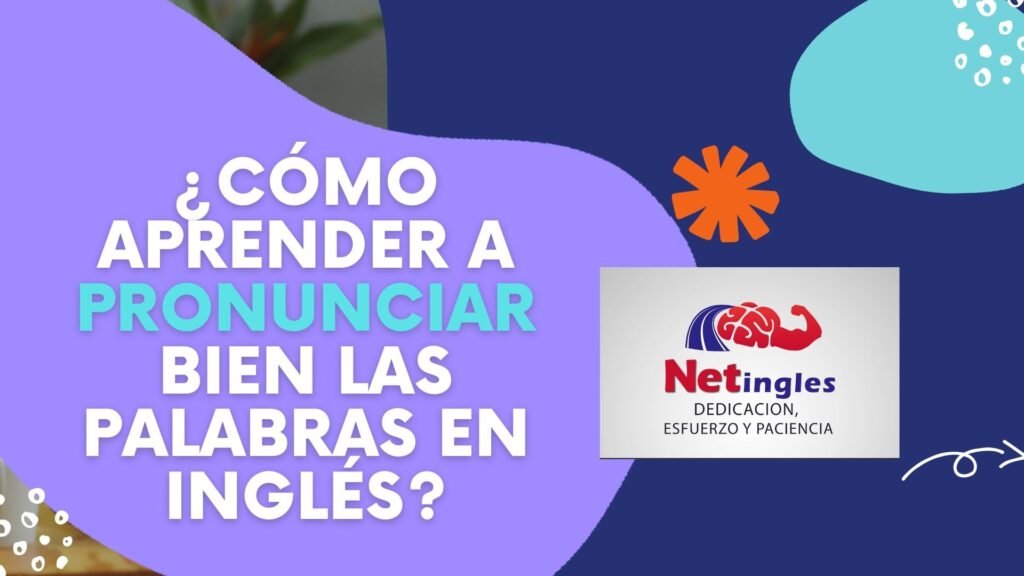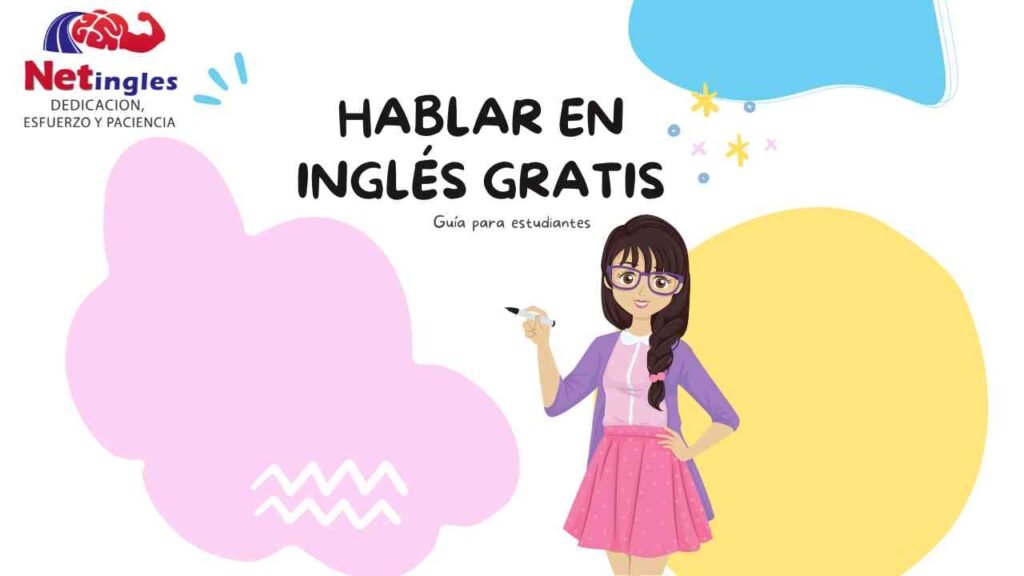500 frases en inglés

A continuación, se presentan 500 frases en inglés que pueden ser útiles para mejorar tu vocabulario y tu expresión en el idioma
Si quieres más frases en inglés aquí tienes
- He plays soccer. (Juega al fútbol.)
- She sings beautifully. (Canta hermosamente.)
- It is raining. (Está lloviendo.)
- We went to the movies. (Fuimos al cine.)
- You are very talented. (Eres muy talentoso.)
- They are happy. (Son felices.)
- I have a cat. (Tengo un gato.)
- You have a car. (Tienes un coche.)
- He has a house. (Tiene una casa.)
- She has a job. (Tiene un trabajo.)
- It has four legs. (Tiene cuatro patas.)
- We have a dog. (Tenemos un perro.)
- You have a phone. (Tienes un teléfono.)
- They have children. (Tienen hijos.)
- I like music. (Me gusta la música.)
- You like sports. (Te gustan los deportes.)
- He likes to read. (Le gusta leer.)
- She likes to cook. (Le gusta cocinar.)
- It likes to play. (Le gusta jugar.)
- We like to travel. (Nos gusta viajar.)
- You like to dance. (Te gusta bailar.)
- They like to sing. (Les gusta cantar.)
- I speak Spanish. (Hablo español.)
- You speak English. (Hablas inglés.)
- He speaks French. (Habla francés.)
- She speaks German. (Habla alemán.)
- It speaks Chinese. (Habla chino.)
- We speak Portuguese. (Hablamos portugués.)
- You speak Italian. (Hablas italiano.)
- They speak Japanese. (Hablan japonés.)
- I have a sister. (Tengo una hermana.)
- You have a brother. (Tienes un hermano.)
- He has a mother. (Tiene una madre.)
- She has a father. (Tiene un padre.)
- It has a tail. (Tiene una cola.)
- We have grandparents. (Tenemos abuelos.)
- You have cousins.
Otras frases en inglés
Necesitas más frases en inglés
- They have aunts and uncles. (Tienen tíos y tías.)
- I went to the store. (Fui a la tienda.)
- You went to the park. (Fuiste al parque.)
- He went to the library. (Fue a la biblioteca.)
- She went to the gym. (Fue al gimnasio.)
- It went to the beach. (Fue a la playa.)
- We went to the museum. (Fuimos al museo.)
- You went to the cinema. (Fuiste al cine.)
- They went to the restaurant. (Fueron al restaurante.)
- I have a headache. (Tengo dolor de cabeza.)
- You have a cold. (Tienes un resfriado.)
- He has a fever. (Tiene fiebre.)
- She has a sore throat. (Tiene dolor de garganta.)
- It has a wound. (Tiene una herida.)
- We have allergies. (Tenemos alergias.)
- You have a rash. (Tienes una erupción.)
- They have a stomachache. (Tienen dolor de estómago.)
- I am tired. (Estoy cansado.)
- You are hungry. (Tienes hambre.)
- He is thirsty. (Tiene sed.)
- She is sad. (Está triste.)
- It is hot. (Hace calor.)
- We are cold. (Tenemos frío.)
- You are busy. (Estás ocupado.)
- They are angry. (Están enfadados.)
- I am happy. (Estoy feliz.)
- You are excited. (Estás emocionado.)
- He is nervous. (Está nervioso.)
- She is tired. (Está cansada.)
- It is rainy. (Está lloviendo.)
- We are hungry. (Tenemos hambre.)
- You are thirsty. (Tienes sed.)
- They are cold. (Tienen frío.)
- I am going to the store. (Voy a la tienda.)
- You are going to the park. (Vas al parque.)
- He is going to the library. (Va a la biblioteca.)
- She is going to the gym. (Va al gimnasio.)
- It is going to the beach. (Va a la playa.)
- We are going to the museum. (Vamos al museo.)
- You are going to the cinema. (Vas al cine.)
- They are going to the restaurant. (Van al restaurante.)
- I have to go to work. (Tengo que ir al trabajo.)
- You have to go to school. (Tienes que ir a la escuela.)
- He has to go to the doctor. (Tiene que ir al médico.)
- She has to go to the dentist. (Tiene que ir al dentista.)
- It has
Obten acceso a nuestro CURSO PREMIUM NETINGLES y Descarga nuestra APLICACIÓN NETINGLES

Publicaciones importantes



